I began my editorial internship at Penguin Random House (PRH) with one question: Is an editorial position in publishing truly the career I want to dedicate myself to? Only a few days into my internship, I had my answer: Yes. A resounding yes.
Which is probably a good thing, considering I’m double majoring in publishing and English. The publishing program is what drew me to Belmont University, and the opportunity to intern at PRH was why I decided to do Belmont East, Belmont’s semester in New York program.
When I was offered an internship at Ballantine Bantam Dell (BBD), an imprint of Random House, I was elated—because my goals were becoming real—and also nervous. What if I had spent so much time longing for a career in publishing and by some horrible plot twist I actually wasn’t cut out for the industry? Or it wasn’t what I expected? Or I didn’t fit into the New York lifestyle?
Jumping from Nashville to New York was daunting, and having never worked in an office environment before, I was nervous about the adjustment. My fears quickly dissolved when I saw how passionate and welcoming my coworkers were. Along with a great sense of community, PRH has the distinctive energy that accompanies a thriving and involved workplace—there was always something to celebrate, including book releases, author visits, and new acquisitions.
My daily activities were a mix of writing reader’s reports—in which I read a submission and condensed my thoughts about the manuscript along with a brief summary—in both fiction and non-fiction, drafting rejection letters for submissions, writing discussion questions for the backmatter of a book or as accompanying media, and the occasional copyediting project. Each week, I recorded the editorial meeting minutes, the gathering where editors share submissions they’ve received, what they’ve passed on, and what’s getting more reads. This was a great, immersive opportunity to gain a more complex understanding of the editorial process. By the end of my internship, I had a more defined sense of not only what types of projects fit into BBD’s interests and overall vision, but was able to add the names of literary agencies and agents to my publishing vocabulary and awareness.
I wanted to get as much out of my experience as possible, so I created a mantra for myself—make protagonist choices. No one wants to read a novel in which the protagonist is hesitant, passive, and static. You want to see character development, watch as the protagonist faces conflicts and navigates their setting. Would I balk at pushing through a crowded subway train to get to the office? No. If I were the protagonist, would I say no to assisting on a project? Nope. Would I enthusiastically throw myself into my work every day? Definitely. If my story were adapted into a movie, would Saoirse Ronan be cast as me? Oh, I hope so.
Learning about the publishing industry in class is also much different than actually experiencing it first hand. Sure, I took classes about the publishing process and editorial skills, but I then had to discern how best to apply that knowledge in my work. It was a process of asking myself what I knew, what I didn’t know, and how I could then learn what I didn’t. My coworkers were great resources, and learning how to utilize the databases to retrieve information about agents and publication information was essential.
Out of the entire experience, the most important takeaway for me was learning how to take more initiative and trust my judgment. As a large part of my tasks was evaluating submissions in reader’s reports, I had to decisively express my opinions and rely on my literary analysis training to articulate my praise and concerns. Writing is difficult, and effectively talking about writing can be even more challenging. I’m walking away from my internship more confident and conscientious of my abilities, aware of what editorial skills I want to develop, and excited for what my future holds. Moments like my internship at PRH are the plot points in my story arc I can unhesitatingly credit when I think about my personal and professional growth, and I wouldn’t have had this opportunity without Sigma Tau Delta’s Penguin Random House Internship.
For me, this internship was a confirmation that I’m chasing a career I love. I’m already making plans to return to the city as soon as possible—a fitting conclusion and set-up for a sequel to my New York narrative.
 Macey Howell
Macey Howell
Penguin Internship Recipient, Fall 2019
Psi Nu Chapter
Belmont University, Nashville, TN
Penguin Random House Summer Internship
Internship opportunities are available from Penguin Random House to provide interested undergraduate student members of Sigma Tau Delta with experience in the publishing industry.
The summer internship will run ten consecutive weeks in New York City, June 1 – August 7. The recipient will work 28 hours per week, earning $20.00 per hour. Sigma Tau Delta will provide the recipient an additional $1,500 stipend to assist with expenses.
Penguin Random House offers paid internship opportunities in various business areas such as contracts, editorial, finance, graphic design, managing editorial, marketing, online marketing, production, publicity, sales, subsidiary rights, and operations. Internship opportunities will be available in their Young Readers and Adult divisions, as well as within some of their corporate divisions. In addition to the editorial field, Penguin Random House provides the opportunity for our members to be considered for available internships across all business areas.
Browse Penguin’s divisions and imprints.
Application Process
To apply, students will submit a resume, and a cover letter addressing their qualifications and interest in the field of publishing. Historically, the strongest applications have been submitted by students who had previous internship experience and could talk about the specific ways that experience prepares them for a position with Penguin.
In the concise one-page, single-spaced cover letter, applicants need to indicate up to three business areas they are applying for. For those who are choosing editorial as a business area, they should include their preference for working within an adult or children’s imprint or if they are particularly interested in any genre(s). Browse Penguin’s divisions and imprints.
Preliminary screening will be made by a Sigma Tau Delta panel of judges, and the top six applications will be forwarded to Penguin Random House for their final round of screening. Applicants will be notified by January 20, whether they are among the six finalists.
Summer Penguin Random House Internship applications will be accepted through December 30, 2019.
Resources
Perfect is Penguin: My Internship at Penguin Random House
Interning at Penguin: Life of a Book Nerd
Spending Summer in an Igloo: My Editorial Internship with Penguin Random House
The Halfway Point: Penguin Group (USA) Summer Internship


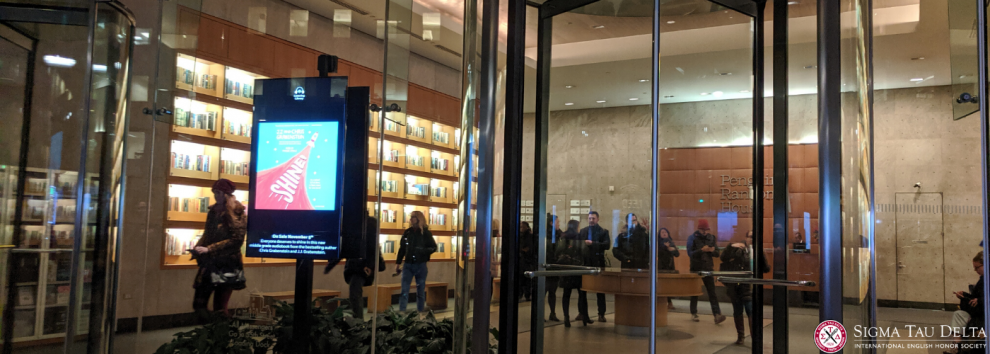
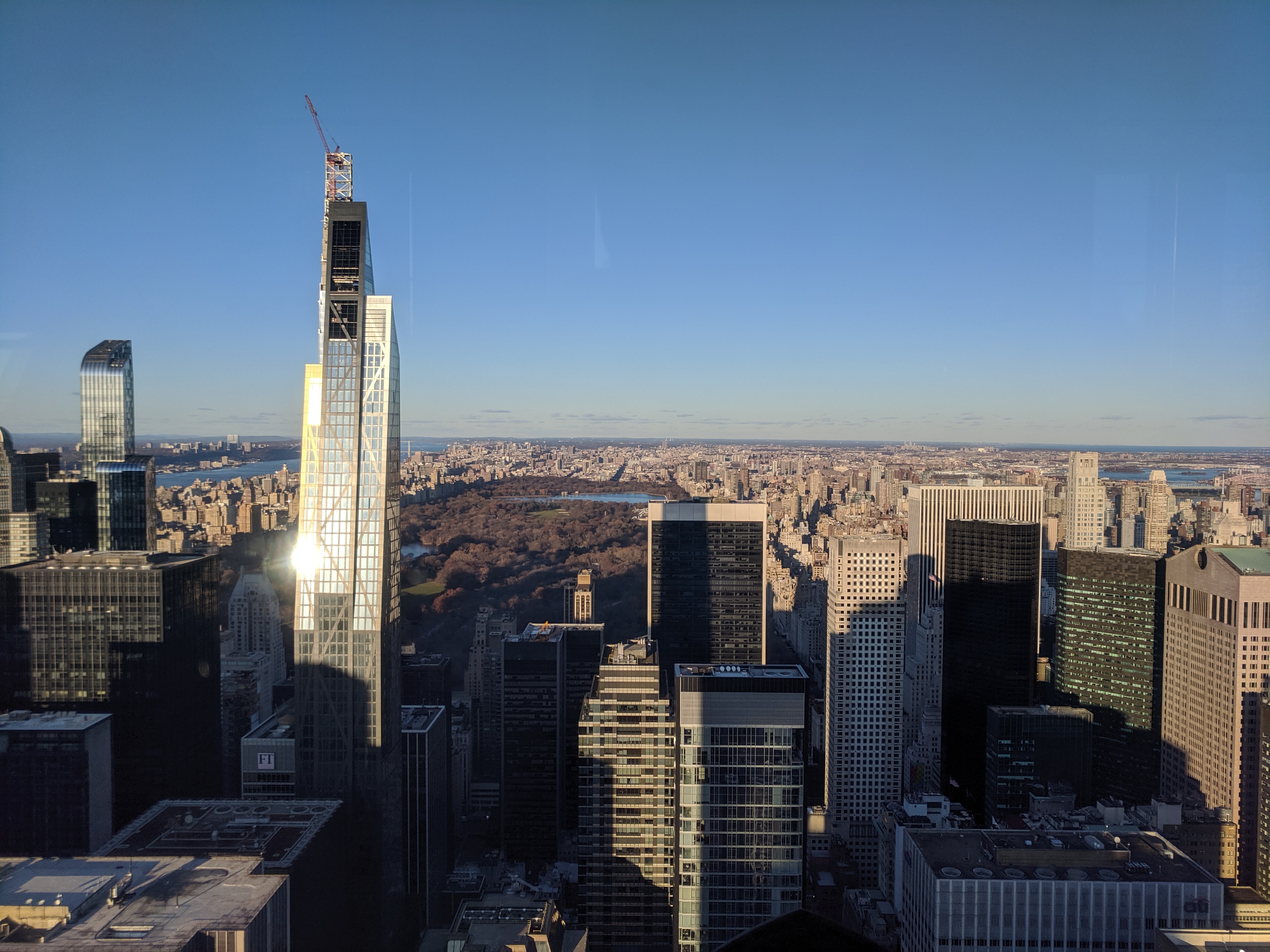
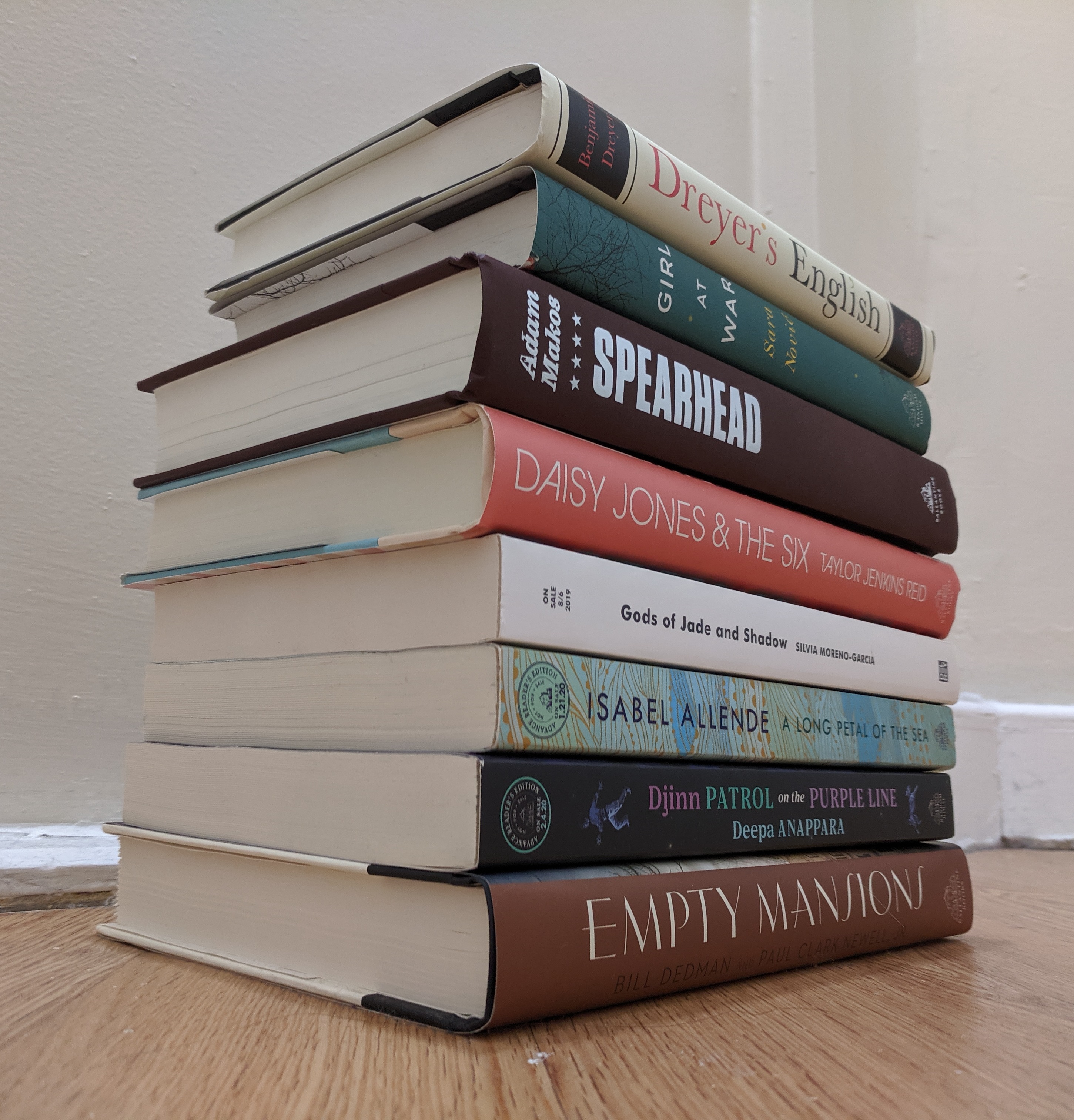
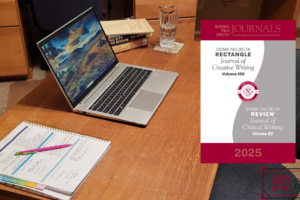
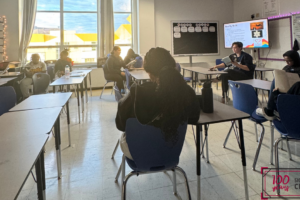
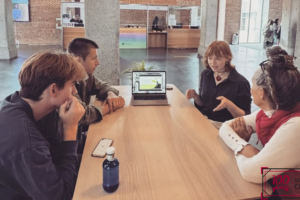
Add Comment